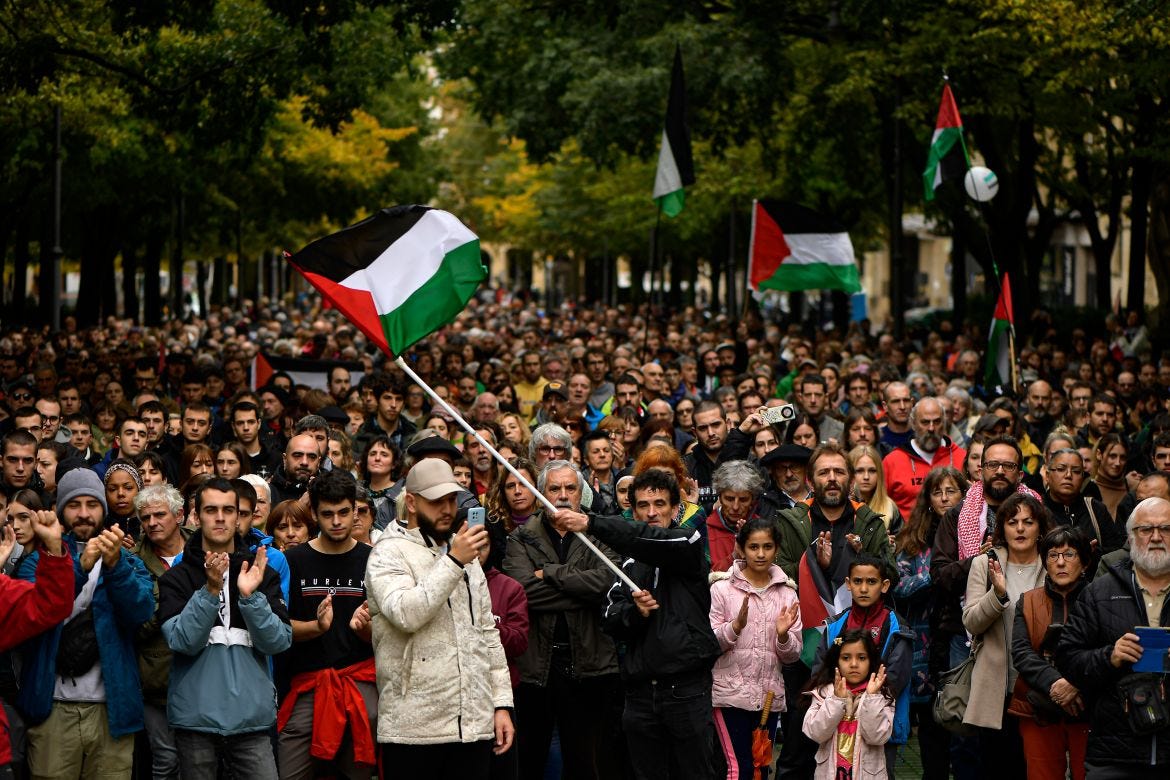Opinion | Neutrality in the face of injustice is complicity; Bethel must speak up
Editorial: As seen in volume 112, issue 11 of The Collegian.
Since Oct. 7, 2023, a brutal conflict has raged in the Gaza Strip, resulting in the death of over 33,000 people, and the disappearance of at least 8,000 more.
Recently, the Bethel College Community for Justice and Peace reached out to the administration of Bethel College to ask them to publish a statement in support of an end to hostilities in Gaza. The administration responded that Bethel has “a practice of institutional neutrality on most topics.”
The response, and later emails, pointed to the belief that a college should serve as a neutral space in which individual students and professors can debate and discuss contentious issues without worrying that they are going against what is “right” in the eyes of the institution. There is much value in this belief, especially in a world in which higher education is increasingly polarized.
I believe that Bethel has a responsibility to be a place in which a diverse range of people and beliefs are welcome; however, I also believe that no institution can exist outside of politics.
Elie Wiesel, activist and Nobel laureate, said, “Neutrality helps only the oppressor, never the victim.” Bethel, as an institute of higher education, has a greater voice than any individual staff, faculty member, or student, and thus has a responsibility to do what it can in the interest of justice.
In addition to its general moral responsibilities, Bethel occupies a unique place as a Mennonite-affiliated college. If Bethel claims to be Mennonite, ought it not adhere to the Mennonite values of justice, peacebuilding, and nonviolence?
Two of Bethel’s proclaimed institutional values are peace and justice for all members of society, and community with global consciousness. How can Bethel claim those values if it is unwilling to make statements in support of them in the face of the most obvious violations?
Even if we accept a blanket statement of neutrality, that statement does not match the reality of Bethel’s past actions. On June 2, 2020, President Gering published a statement rightly condemning the “systemic issues of racial injustice in our society.” Why, then, can we not call for an end to the mass killing of civilians in the Gaza Strip?
Some may argue that a statement would not truly have an effect, even from an institution. If that is a concern, then Bethel should be taking other action: boycotting companies helping the Israeli occupation are other effective means by which Bethel can make a real difference.
In a divided world, colleges have a responsibility to uphold intellectual freedom. In a world of injustices, humans have a responsibility to do what is right. Bethel must find a way to balance those needs, otherwise, it risks being untrue to what it claims to be.


